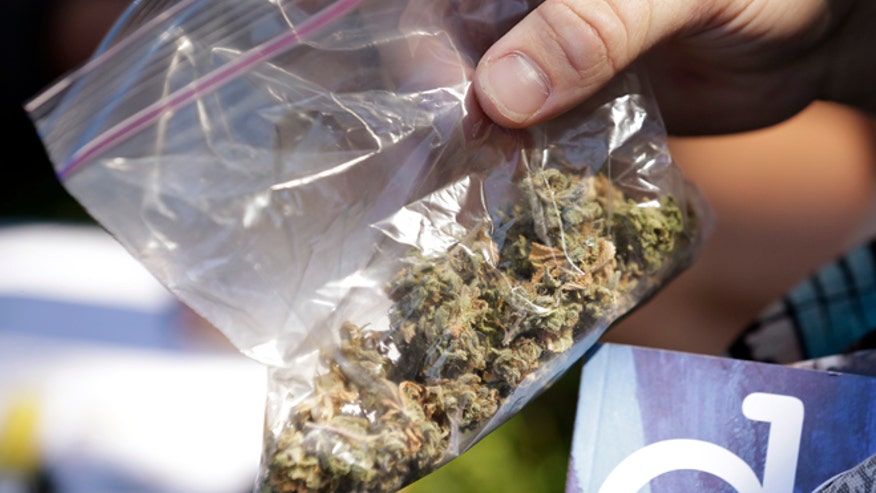
The federal government’s understanding of its own marijuana regulations are willfully “tortuous” and “an obvious stretch,” warned a bipartisan duo of California Congressmen in a sternly-worded letter to the Department of Justice.
An abuse of power
In the letter, obtained by the Huffington Post, Reps. Sam Farr, D-Calif., and Dana Rohrabacher, R-Calif., requested that DOJ Inspector General Michael Horowitz open an internal investigation into the department’s continued prosecutions of marijuana dispensaries, against what they said was the clear letter and intent of the law.
In its Appropriations Act for 2015, Congress had passed a provision introduced by Rohrabacher and Farr designed and intended to ward off federal interference with marijuana-related businesses operating legally under state law.
“We, the authors of the language, and our many colleagues — including those who opposed the amendment — laid on the record repeatedly that the intent and the language of the provision was to stop DOJ from interacting with anyone legitimately doing business in medical marijuana in accordance with state law,” wrote the Congressmen.
Signed into law by president Obama, the amendment received a second vote of approval from Representatives this summer. “As the marijuana provision is part of an annual funding bill that will expire,” noted the Huffington Post, “the lawmakers introduced an identical version again in June, which was reauthorized by the House of Representatives.”
In April, Farr and Rohrabacher had also demanded that Attorney General Eric Holder “stop prosecution of state-authorized medical marijuana dispensaries” in observance of the same provision, as the Orange County Register reported.
Federal legalese
But the Department of Justice chose to interpret the law in the most hostile manner possible, the lawmakers suggested, citing an April statement by DOJ spokesman Patrick Rodenbush. As the Los Angeles Times reported, Rodenbush said Rohrabacher-Farr, as the appropriations amendment was known, didn’t apply to prosecutions directed at persons or groups:
Rather, he said, it stops the department from “impeding the ability of states to carry out their medical marijuana laws,” contrary to some claims from people being prosecuted that the amendment blocks such prosecutions.
As the Times then observed, this “narrow interpretation of the law” had particularly strong implications in the San Francisco Bay Area, “where the Justice Department has initiated forfeiture proceedings against three medical marijuana dispensaries it considers to be in violation of federal law.”
Outgoing U.S. Attorney for Northern California Melinda Haag had become notorious among pro-pot advocates and business people, joining “the three other regional U.S. attorneys in California in cracking down on medical marijuana dispensaries perceived to be large-scale commercial enterprises,” as Pleasanton Weekly recounted. One dispensary facing the brunt of Haag’s crusade, Harborside Health Center, met the news of her departure with what executive director Steve DeAngelo called “great relief and great satisfaction.”
“In Ms. Haag’s parting statement she said she felt her office had ‘accomplished most of our goals’ during her tenure,” DeAngelo said in a statement. “The one goal she most assuredly has not accomplished is closing down Harborside Health Center. We hope her successor will have a more finely tuned understanding of compassion and justice than Ms. Haag has displayed, and allow Harborside to focus on serving our patients instead of battling a court case that should never have been started.”
Conflicting actions
Although the Department of Justice could opt to ignore the mismatch between its conduct and the law, the law itself would hold them to account for doing so. At stake is the applicability of the Anti-Deficiency Act, as Farr and Rohrabacher argued; as Reason indicated, that law “makes it a crime to use federal money for purposes that are not approved by Congress.”





